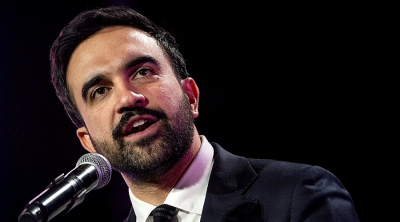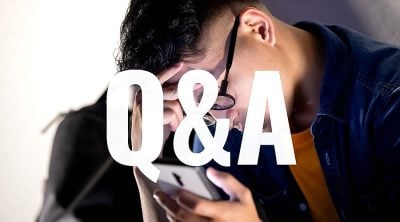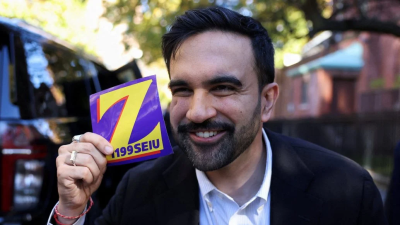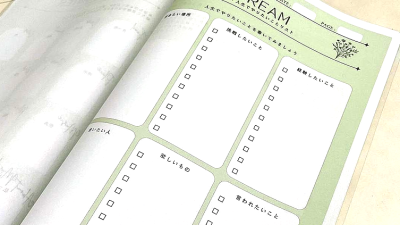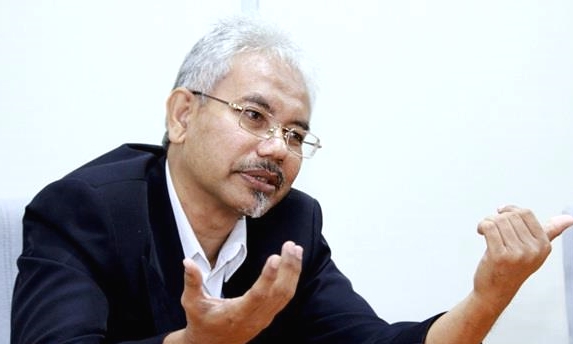
By Prof Dr. Mohd Tajuddin Mohd Rasdi
The world was shocked when a statesman like Tun Mahathir wrote about the recent murders in Nice, France believed to be tied to the issue of insulting the Prophet Muhammad through cartoon caricature. Tun M in his writing was arguing that the Muslims have a right to be angry at what the French had done to them in past history. One particular sentence he wrote incensed international leaders where he seemed to justify the killing of French citizens by Muslim because Muslims were treated badly in the past by the French. Tun M gave his justification with the tribal law of an eye for an eye principle. Many are shocked at his statement but, I was not. As gruesome as the implications of Tun M statement was, I find that the narrative he presented is actually a common narrative in my conversations with both educated and less educated Malay Muslims. For instance, when I try to argue against the murders of innocent victims in IS related killings, many of my friends would not have any pity for the victims but simply say, "these people had done worse to Muslims in the past". Such a narrative is unsurprising among the mainstream Muslims in Malaysia and I assume is common throughout the world of Islam and the minorities living in Western countries. This narrative cuts across age groups, urban or country upbringing or even education levels. Just look at how much pity, if any, shown by religious officials and clerics in Malaysia to the victims. Except for JAKIM head and Wisma Putra office, I have not heard any Malay politician condemning the killing and expressing pity to the victims. I am of the assumption that if a Malay politician expressed pity for the victims, especially the teacher, then that politician will be rejected by the Malays for being too liberal and condoning the act of caricaturing the Prophet.
In this article, I wish to clarify what I know to be the Prophet's values with regard to committing murder just because there were atrocities done in the past. Anas Zubedy had written several times about how the Qur'an deals with people who insult God and His Prophet. The Qur'an merely ask Muslims to leave these people and says nothing about killing or beheading them. I will add three different stories of the Prophet Muhammad during his lifetime as recorded in the Sirah Ibn Hisham.
Traditionists recorded that when the Prophet's message was rejected by the Meccans, he went to a nearby place called Ta-if. There he met the elders and preached the message of Islam to them. Not only did the elders rejected him, they set about the young people to torment him with stones and rocks being pelted and thrown at his person causing him much pain and anguish. One tradition narrated how the Prophet, bleeding in his clothes was praying to Allah when it was said that the Angel Gabriel appeared at the head of a large horde of angels to decimate Ta-if but the Prophet forbade him. Now, if someone were to read this text as a metaphor, it could be that the Prophet felt vengeance in his heart and vowed retribution when the time came. Well, the time came many years later when the Prophet rode at the head of a large army and conquered Mecca and then set about to conquer Ta-if. When the delegation of surrender came to him, the Prophet did them no harm. Thus, the Prophet did not justify the killing of women, children, the elderly and the adults simply because in the past, some of these people had hurt him physically. Where was the eye for an eye principle in this incident as Tun M wrote in his message?
In the second incident, the Prophet conquered Mecca without any fierce battle and entered into its precinct with a Muslim shouting peace for those who take refuge at the Kaaba or the house of Abu Sufyan. Now, Abu Sufyan was the leader of the Meccan tribes and held immense power and wealth. It was he and several other leaders who made the Prophet's life a living hell and conspired to murder him in his sleep. The Prophet had to escape to Medina travelling only with his companion, Abu Bakar. Abu Sufyan also made war on the Prophet at Badr and Uhud. But when the time came and the Prophet was victorious, he spared many people including Abu Sufyan and he never let vengeance overtake him because of a past deed that was done to his person. Again, no eye for an eye vengeance justification.
The third incident I wish to narrate is the story of Wahshi. Wahshi was a hired assassin who can throw a javelin with remarkable accuracy. He was hired by Hind, the wife of Abu Sufyan because her kinfolk and son were killed in the Battle of Badr. When the Meccans launched the Battle of Uhud, Wahshi came to the battle not as a soldier but as an assassin seeking only one victim, Hamza, the dear uncle of the Prophet who defended his person and honor from the Meccans like Abu Sufyan. Wahshi saw Hamza busy fighting and he launched the javelin striking Hamza who fell and died. It was also recorded that Hind came after the battle had ended to seek the body of Hamza, tore his liver or heart and took a bite to quench her vengeance. She also cut off Hamza's nose. When the Prophet found his uncle in that condition he was most saddened by the mutilation. Years later when the Prophet entered Mecca with his army, many of those who wronged him came to ask forgiveness and accept Islam. The Prophet forgave them all. When Wahshi presented himself, the Prophet recognized him and asked how he managed to kill Hamza. When he recounted the story, the Prophet was grim and heavy-hearted and told Wahshi to never come face to face with him again for the sight of him brings much anguish to his soul. Wahshi did as he was told and avoided the Prophet till the Prophet's death. Wahshi vowed that he would atone for his sin of murdering the Prophet's dear uncle by doing a heroic deed. When Mussaylima proclaimed that he was the Prophet, Abu Bakar, who took over the leadership of the Muslims after the Prophet's death, made war with him. Wahshi followed into battle again as an assassin and saw his chance and killed Mussaylima with the same javelin that killed Hamza., Thus, this story once again shows the magnanimity of the Prophet Muhammad in not contemplating vengeance.
Tun Mahathir's vengeance narrative and his justification does not seat well with the Prophet's actions. And there lies the problem. Tun M learns Islam from reading post Prophetic history and never dwell with the person of the Prophet. Most Malay Muslims are like that. They are ready to kill people or justify the killing of innocence who they deem insult the Prophet while they themselves hardly know who the Prophet was. Their knowledge of the Prophet comes only from extremist preachers and politicians who like to show off their 'Islamicness' in order to gain popularity and votes. The problem of Islam has always been never about Islam and the Prophet but the ignorance and vengeful narratives of the Muslims themselves.
(Professor Dr. Mohd Tajuddin Mohd Rasdi is Professor at a local university.)
ADVERTISEMENT
ADVERTISEMENT






